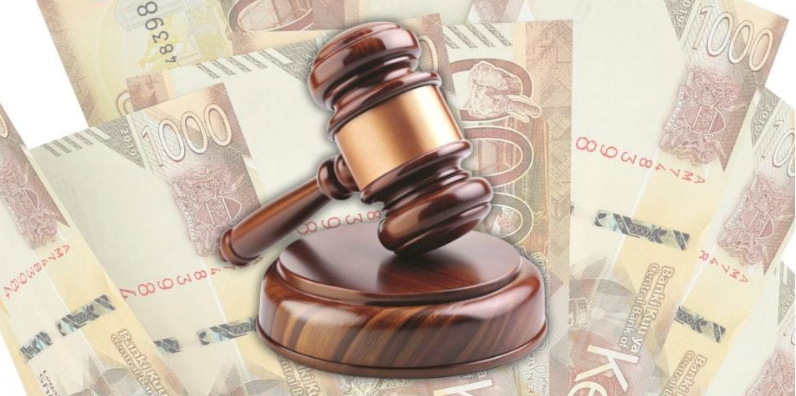Supreme Court to Address Unexplained Wealth Controversy
The Supreme Court of Kenya is set to deliver a landmark ruling on a contentious case involving unexplained wealth, aiming to resolve a legal dispute that has drawn significant public attention. The case centers on the Ethics and Anti-Corruption Commission’s (EACC) efforts to recover assets deemed to be proceeds of corruption, specifically targeting properties and funds held by public officials that cannot be justified by their known sources of income.
The controversy stems from a Court of Appeal decision that ordered the forfeiture of assets, including a matrimonial home, belonging to former Nairobi County Chief Finance Officer Jimmy Kiamba and his wife, Tracy Musau. The couple has challenged the ruling, arguing that their property should be excluded from forfeiture and seeking permission to liquidate assets to settle claims with the EACC. The Supreme Court’s ruling is expected to clarify the legal framework surrounding the forfeiture of unexplained wealth, particularly in cases involving personal property and public officials.
This case follows a broader crackdown on corruption in Kenya, where county officials have faced scrutiny for amassing significant wealth disproportionate to their salaries. A notable precedent was set in March 2024, when a court froze assets worth Sh600 million belonging to a county official, highlighting the judiciary’s increasing focus on combating graft. The Supreme Court’s decision could set a precedent for how similar cases are handled, balancing individual property rights against the public interest in recovering illicitly acquired assets.
The ruling is anticipated to address key legal questions, including the burden of proof in unexplained wealth cases and the extent to which personal assets, such as matrimonial homes, can be targeted for forfeiture. Legal experts suggest the outcome could influence anti-corruption efforts across Kenya, reinforcing the EACC’s mandate or prompting a reevaluation of its approach to asset recovery.
The case has sparked widespread debate, with some arguing that aggressive forfeiture measures are necessary to deter corruption, while others caution against potential overreach that could infringe on legitimate property rights. As the Supreme Court prepares to deliver its verdict, Kenyans await a decision that could reshape the fight against corruption in the country.


